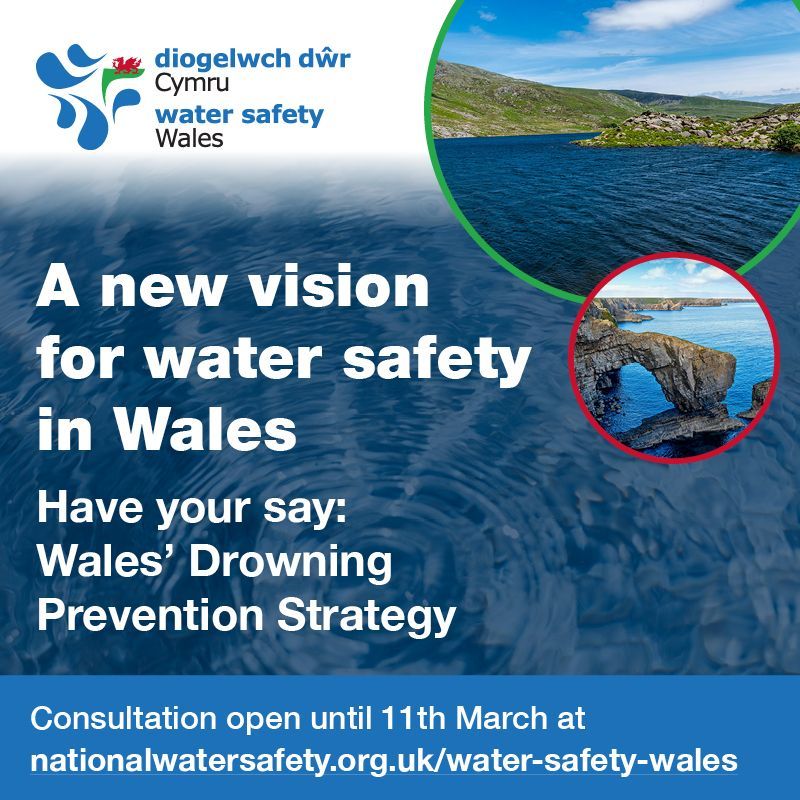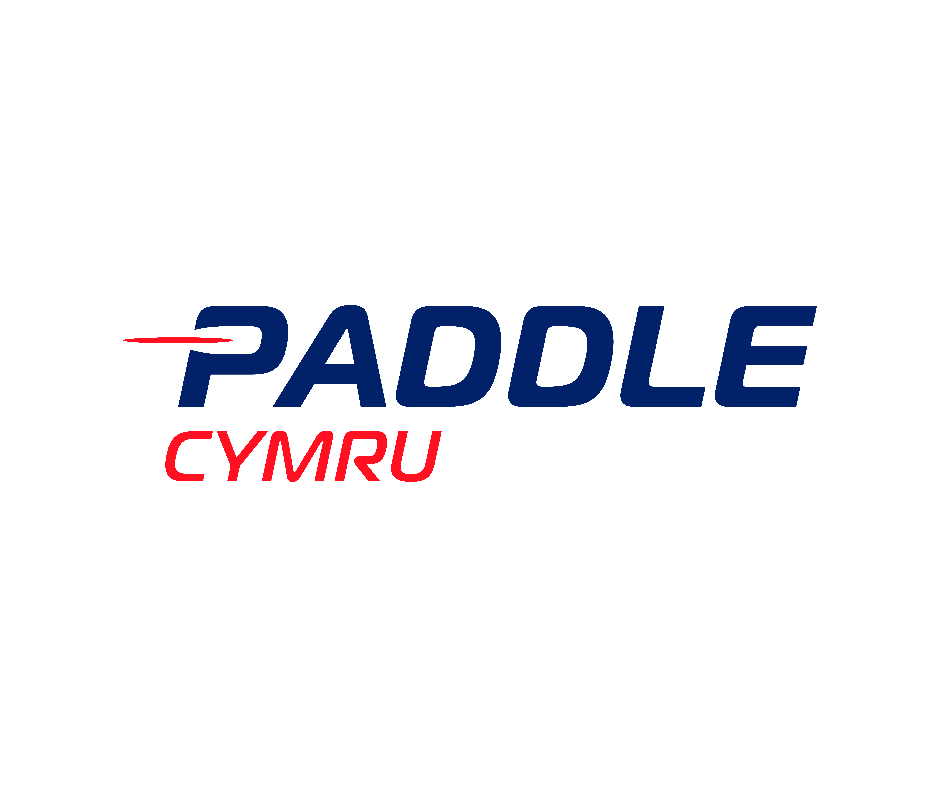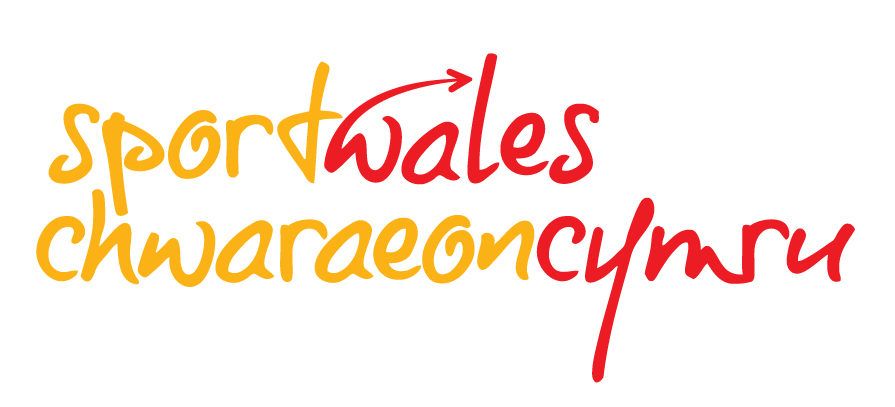Autumn has swept in, and we can look forward to some exciting trips on our diverse rivers. We generally associate autumn and winter with higher water levels and that gives us the greatest opportunities to test our skills.
However, as paddlers, it's essential to recognise that we share these rivers with an array of wildlife, including migratory fish such as salmon and seatrout, which are particularly vulnerable during this time of year. Understanding how to paddle responsibly and avoid disturbing these species during their critical breeding season is key to preserving their fragile populations.
Fishing Season and Migratory Fish
On most Welsh rivers you may notice fewer anglers along the riverbanks as the colder months set in. This is because fishing for migratory fish, like salmon and seatrout, is highly regulated, with strict seasons that vary between rivers. For most rivers in Wales, the fishing season ends around the 17th of October and won’t resume until March or early April, allowing these fish to breed undisturbed. However, certain rivers, including the Dee, Severn, Taff, Usk, and Wye, have year-round fishing, as they target different species in the colder months (e.g. grayling). The first two weeks or so of October is the last time that many fishermen will have an opportunity to take part in their chosen activity for the next five months.
Salmon and seatrout stocks are at staggering all-time low, with an alarming 70% reduction in the last 10 years (Natural Resources Wales (NRW) stock assessments). Anglers are required by law to release any salmon that they catch with minimum delay, and it is imperative that we do our best to avoid disturbance of any kind. There are simple things that we can do to make sure we don’t put unnecessary pressure on the stocks.
Understanding Fish Spawning and Its Risks
Unlike many other species, migratory fish breed in the autumn and winter months. They create spawning beds, known as redds, in the river's gravelly sections, especially in higher reaches and tributaries - areas that paddlers often enjoy. The fish are particularly susceptible to disturbance at spawning time and the Salmon and Freshwater Fisheries Act (SAFFA) 1975 makes it an offence to wilfully disturb, spawn, spawning fish or spawning areas.
The gravel beds are essential to the breeding process and disturbing them can cause irreversible damage to the fish eggs laid there.
Tips for Minimising Disturbance
To ensure our paddling adventures don't harm these vulnerable fish populations, here are a few key practices to follow:
- Check River Levels
Before heading out, ensure the river is high enough for paddling without needing to drag your boat. Dragging through shallow areas can disturb fish spawning grounds. - Avoid Standing in Gravel Areas
When getting into or out of your boat, avoid standing in gravel sections, as these could be potential spawning areas. - Seek the Deepwater Line
Always paddle in the deeper sections of the river to avoid running aground on gravel beds where spawning may occur. - Be Mindful with Your Paddle
When paddling in shallow areas, avoid digging your paddles into the gravel, as this can disturb the riverbed and any fish eggs present. - Poling in Open Boats
While poling is an essential skill for open boating, avoid practicing it in gravel-rich sections of the river, as this can disrupt spawning grounds.
Keeping Informed and Prepared
River levels may change rapidly. To stay informed about conditions access resources such as Rainchasers, NRW river levels, and apps like RiverApp. These tools will help you determine if your chosen river is a suitable height for paddling.
Respect the Environment, Enjoy the Adventure
The Paddlers’ Code is a practical resource for tips on how to enjoy the waterways while respecting the environment and other people.
The Non-Native Species Secretariat gives essential information about avoiding the spread Non Native species across our waterways with Check Clean Dry.
As paddlers, we have a unique perspective on the beauty of our rivers, and with that comes the responsibility to protect these environments. By following a few simple practices, we can enjoy our paddling adventures while minimising our impact on vulnerable fish populations. Let’s work together to keep our rivers healthy and thriving for future generations to explore and enjoy.
Stay safe, paddle responsibly, and have a fantastic winter on the water!
CONTACT THE MEDIA TEAM
If you have a story that would be of interest to the Paddle Cymru team please get in touch using the online contact form linked below or get in contact using one of our social feeds.
SIGN UP TO CEUFAD MAGAZINE
Ceufad is our quarterly magazine, covering everything that's important in Welsh paddlesport.
Share Post










